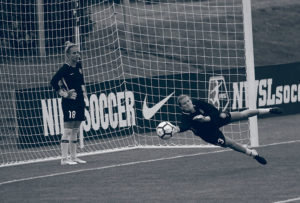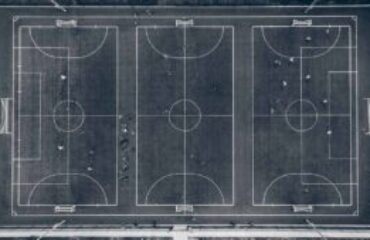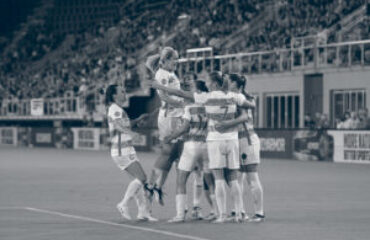THEORETICAL FRAMEWORK
Soccer coaches have limited resources to change the course of the match (Rey et al., 2015). In this regard, efficient management of substitutions may contribute to sustaining or reverting the score-line of a match (Carling et al., 2015; Reyet al., 2015). There are a wide variety of reasons to make substitutions, such as to modify tactical behaviors, restructure the team after a dismissal, and replace players punished with a yellow card, among others. Accordingly, several studies have investigated the match physical performance of substitute players. Nevertheless, there is scarce information in the current literature on the technical performance of substitute players in soccer. This information could be relevant, taking into account that technical performance is considered a key factor for match success in professional soccer (Castellano et al., 2012; Konefal et al., 2019).
STUDY OBJECTIVES
The objectives of this study were to analyze and compare the technical and physical performance of substitute players with players who completed the entire match or were replaced during the game.
MAIN RESULTS
After performing 6,631 individual observations of 431 professional soccer players competing in the German Bundesliga, the authors observed that:
- Substitute players performed better in some technical variables, such as ball possession, touches, shots, and defense when compared to the players who completed the entire match or were replaced.
- Substitute players presented higher total distance covered, number of sprints, and number of fast runs relative to playing time when compared to the players who completed the entire match or were replaced.
CONCLUSIONS
In professional soccer, substitute players are able to perform better and more effectively than replaced and entire match players relative to playing time, in both physical and technical aspects. Although some particularities were observed among playing positions, in general, substitute players covered relatively higher total distances and executed a higher number of intense actions, besides being more consistent in a series of technical tasks.
FSI STATEMENTS
- Substitute players are able to change and improve various performance-related aspects of the soccer match.
- Since physical and technical qualities progressively and inevitably decrease during the match course, substitute players seem to be essential to maintain the optimal level of performance of soccer teams throughout the game, especially at later stages.
- Coaches can plan substitutions based on situational match conditions (e.g., winning or losing) or to replace players more prone to present reduced physical and technical performances during the course of matches.
Castellano, J., Casamichana, D., & Lago, C. (2012). The use of match statistics that discriminate between successful and unsuccessful soccer teams. Journal of human kinetics, 31(1), 137-147.
Carling, C., Le Gall, F., McCall, A., Nédélec, M., & Dupont, G. (2015). Squad management, injury and match performance in a professional soccer team over a championship-winning season. European journal of sport science, 15(7), 573-582.
Konefał, M., Chmura, P., Zając, T., Chmura, J., Kowalczuk, E., &Andrzejewski, M. (2019). Evolution of technical activity in various playing positions, in relation to match outcomes in professional soccer. Biology of Sport, 36(2), 181.
Rey, E., Lago-Ballesteros, J., &Padrón-Cabo, A. (2015). Timing and tactical analysis of player substitutions in the UEFA Champions League. International Journal of Performance Analysis in Sport, 15(3), 840-850.





